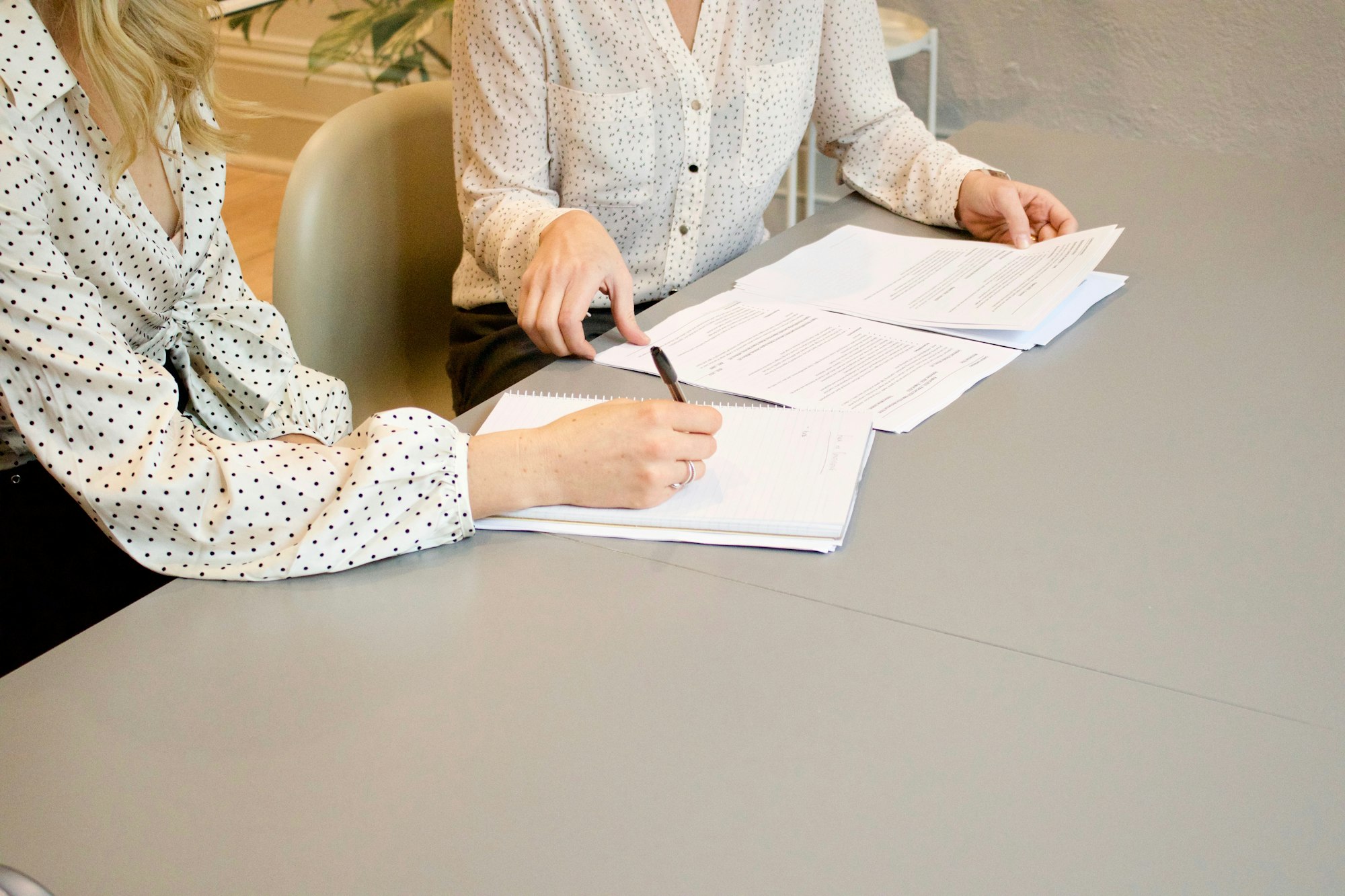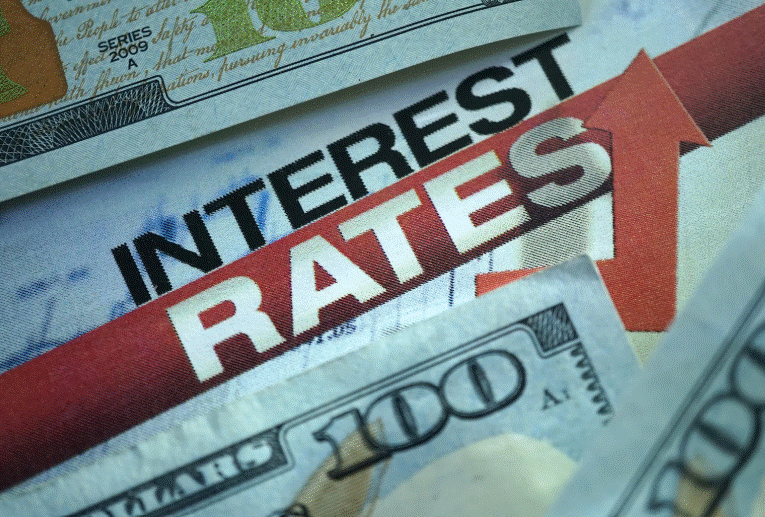When you're buying or selling a house for the first time, it can be challenging to understand the closing process and what it entails. Closing on a property involves many different steps and can include extra fees for the buyer. When you're getting ready to start a real estate transaction, it's crucial to know what to expect during the closing process to avoid any issues or mistakes.
Meet the Conditions of the Loan
During the closing process, you'll need to meet the conditions of the loan to prevent the lender from backing out. Some of the conditions may include having a clear title report, documentation of your income, proof of insurance, and an appraisal figure that is less than the amount that you're borrowing.
Hire a Real Estate Attorney or Settlement Company
Hire a real estate attorney or settlement company to serve as your closing agent, which is required in many states. The individual will prepare certain documents and will pay out all funds. They're also responsible for verifying that the seller and buyer have met the terms of the purchase agreement.
Buy Homeowner's Insurance
You'll need to purchase homeowner's insurance and bring your policy to the closing to present to your lender. The average cost for homeowner's insurance each year is $1,100. Shop around to find the best deal and obtain a competitive rate with a policy that offers enough coverage.
You'll also need to get title insurance to obtain protection if someone unexpectedly claims your property in the future. Title insurance is recommended because it's a one-time cost instead of an on-going expense and can save you thousands of dollars in legal fees.
The Final Walk-through
The final walk-through is one of the main steps to take before closing on the house. The buyer will visit the property with their real estate agent 24 hours before closing. It's a formality that will confirm that the house is in the condition that you agreed to with the seller. If any issues or defects are present, then your real estate agent will get to work immediately. If any significant problems are discovered then it can push back the closing date.
Prepare the Necessary Documents
Once your closing appointment arrives, you'll need to bring a few necessary documents. You'll need your government-issued identification, cashier's checks for closing costs, and your checkbook. There are many documents that you'll be required to sign, such as the agreement between you and the lender, as well as the document between you and the seller that transfers the home. Your real estate agent should be present with you to ensure that everything is completed properly. Additional people who may be present at the closing appointment include an attorney, a title company representative, the home seller, and the seller's real estate agent.
The documents you should receive include the loan estimate, the closing disclosure, the initial escrow statement, the mortgage note, the certificate of occupancy, and the mortgage or deed of trust.





